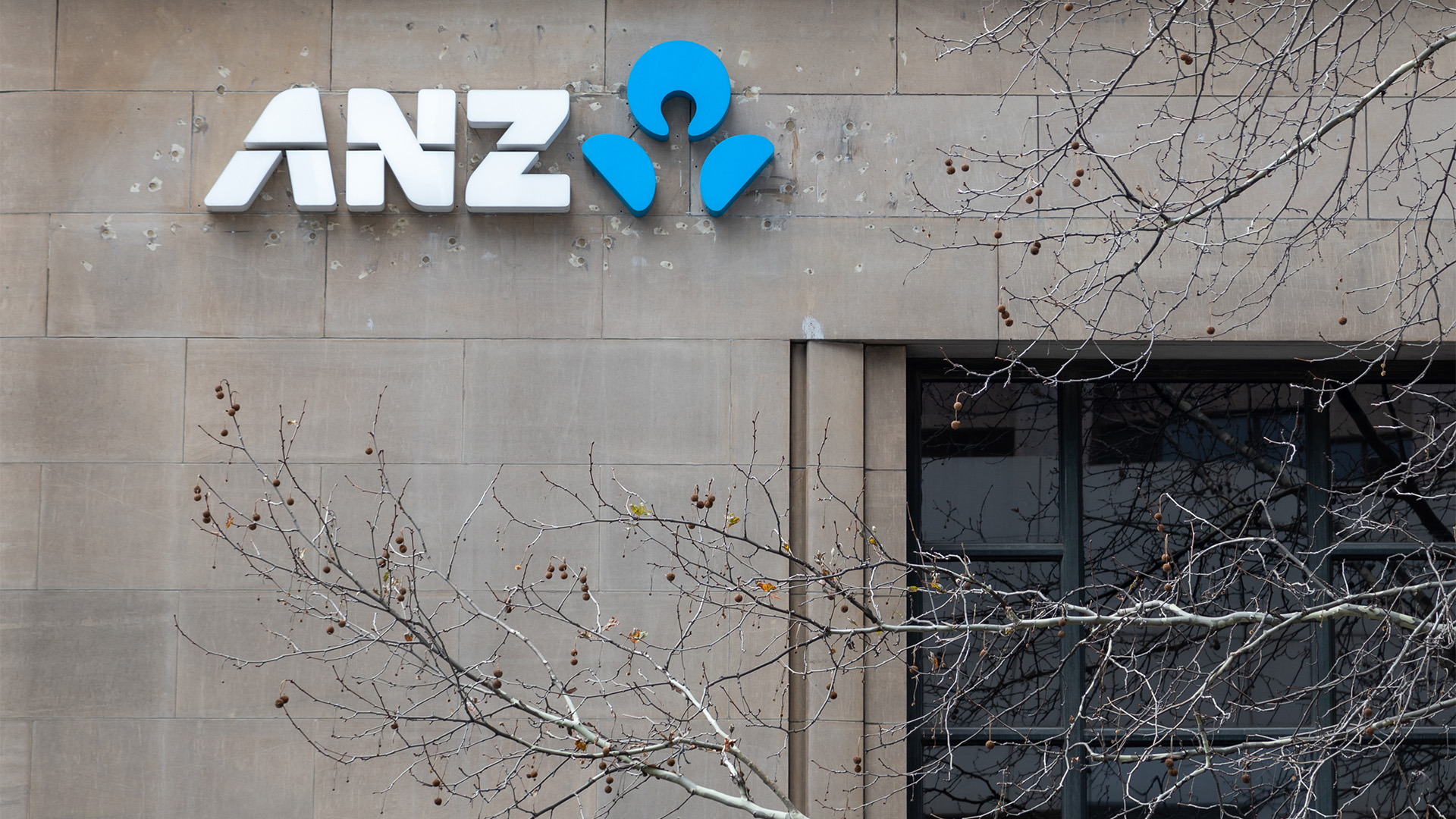The share and currency markets yesterday ignored a blunt warning of a looming, possibly ‘violent‘ crash from one of the most senior executives at the Reserve Bank yesterday.
The dollar dipped, then rose, while shares rebounded in a big relief rally after a big fall on Wall Street on Monday night.
Shares in Europe ignored bad news about inflation (deflation) from Spain and France and a sharp slide in German investor confidence, as well as a surprisingly big fall in industrial production.
The rise here was driven by that strong rise in the spot iron ore price we told you about in yesterday’s edition.
It won’t be repeated today with the local market ready to open flat after Wall Street swung through a big trading range to close mixed.
Oil prices fell to more four year lows for Brent after the International Energy Agency again cut its 2015 demand forecast.
Reserve Bank assistant governor Guy Debelle oversees the daily operations of the country’s financial markets – from banking, to forex, to shares, derivatives and commodities. It’s a unique perspective, and he’s worried about the value of the Aussie dollar (it’s still too high), bonds markets and shares.
The fall in oil prices is just the sort of market event Dr Debelle was warning about in his speech yesterday.
He’s especially concerned that market volatility remains too low, notwithstanding a recent pick up, especially late last week.
He believes the markets and investors are underestimating the rising level of risk and won’t be able to do anything if there’s a sudden change in sentiment.
Dr Debelle singled out the Aussie dollar and currency markets and fixed interest (government bonds) where he said that any shakeout could be “violent”.
He said heightened tensions in the Middle East and Eastern Europe, uncertainty about US monetary policy and about the direction of Europe and Japan, and concern about the strength of the Chinese economy would normally be sufficient to push volatility measures much higher.
But even the latest spike in the Vix, or so-called “fear index", underplayed how delicately poised global markets were at the moment.
"There has been little reaction to any of the events I have described," Mr Debelle said.”To the extent there has been any, it has been very short-lived.”
Speaking at the Citi Annual Australian and New Zealand investment conference in Sydney, Dr Debelle said the Australian dollar was still too high despite the fall of around 6% in the past month or so.
“The Australian dollar has depreciated in recent weeks, but on a trade weighted basis is only back to levels of earlier in the year,” he said.
"Over that same period, Australia’s terms of trade has continued to decline and some key commodity prices for Australia, most notably the iron ore price, have declined considerably.
"On that basis, the Australian dollar is still higher than most conventional estimates of fundamentals would indicate, notwithstanding its recent decline."
And Dr Debelle looked back to the huge US bond crash in 1994 when the Fed unexpectedly tightened monetary policy, triggering a sell of which saw Orange County *(near Los Angeles) go bust, Goldman Sachs take huge losses, along with a slew of hedge funds and other big investors (Bankers Trust was weakened by a scandal associated with derivatives that lost money for clients as a result of the shock rate rise).
That triggered a global bond sell off and a sharp rise in rates that helped start the Asian financial crisis four years later.
Citing that 1994 global bond market crash as a "good example", Dr Debelle said there were several reasons to suspect that the next sell-off, particularly in fixed income, "could be relatively violent when it comes".
Mr Debelle said he struggled to explain investor complacency.
"Macroeconomic outcomes for the world in aggregate have been relatively stable and that may be part of the story," he said.
"World growth has been running at around 3½ per cent for the past couple of years and the latest forecasts have it continuing at that pace for the next year or so.
"But the relatively stable aggregate outcome masks quite a lot of variation across countries."
Dr Debelle warned that any surprises in data from any key economy could upset bets on monetary policy.
"If the data moves unexpectedly, in all likelihood so will the central bank," he said.
"Markets appear to be underestimating that possibility.
“One thing which is certain is that the low volatility will not persist."
Dr Debelle warned that;
"First, there are a number of investors buying assets on the presumption of a level of liquidity which is not there. As I said earlier, this is not evident when positions are being put on, but will become readily apparent when investors attempt to exit their positions.
"If you are a buy-and-hold investor focussing on the return on your investment, then secondary market liquidity is not really an issue (though it might affect your mark-to-market valuations on the way through).
"But there are probably a sizeable number of investors who are presuming they can exit their positions ahead of any sell-off. History tells us that this is generally not a successful strategy. The exits tend to get jammed unexpectedly and rapidly.
"On top of that, my time in financial markets has taught me that one should never under-estimate the role of mechanical rules or mandates in driving market behaviour more than rational pricing.
"So there is a fair chance that volatility will feed on itself. One should always be careful of looking for too much rationality in trying to understand market dynamics. Given the lack of rational arguments for the current state of affairs, trying to rationally explain how it will unwind is also going to be difficult,” he warned.
"So in conclusion, there are a number of anomalies present in financial markets in terms of pricing and volatility. There are also some misplaced perceptions amongst market participants about the degree of liquidity present in some market segments. That strikes me as a dangerous combination and unlikely to be resolved smoothly,” Dr Debelle concluded.













